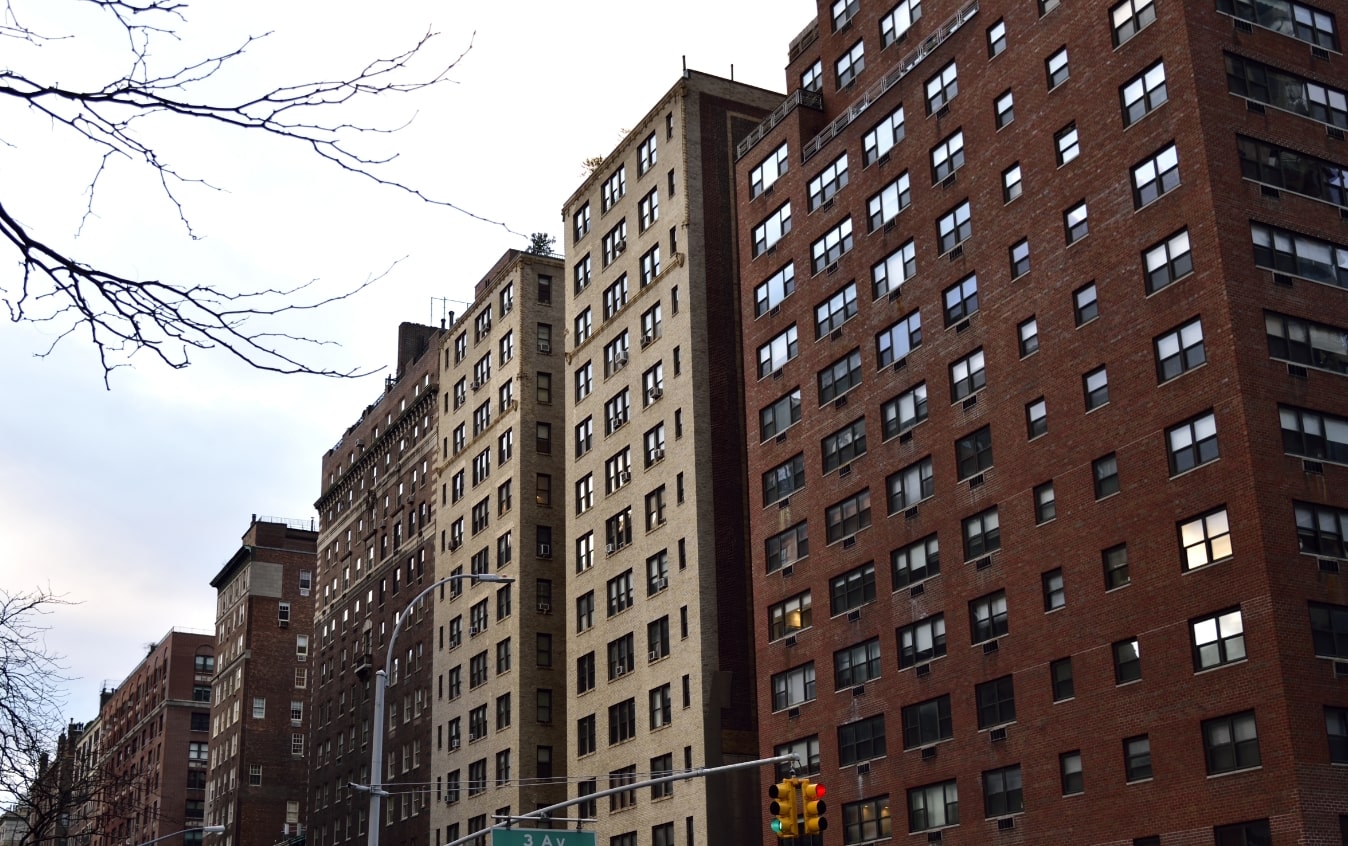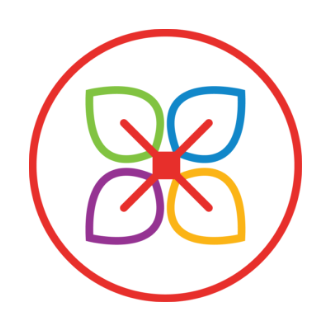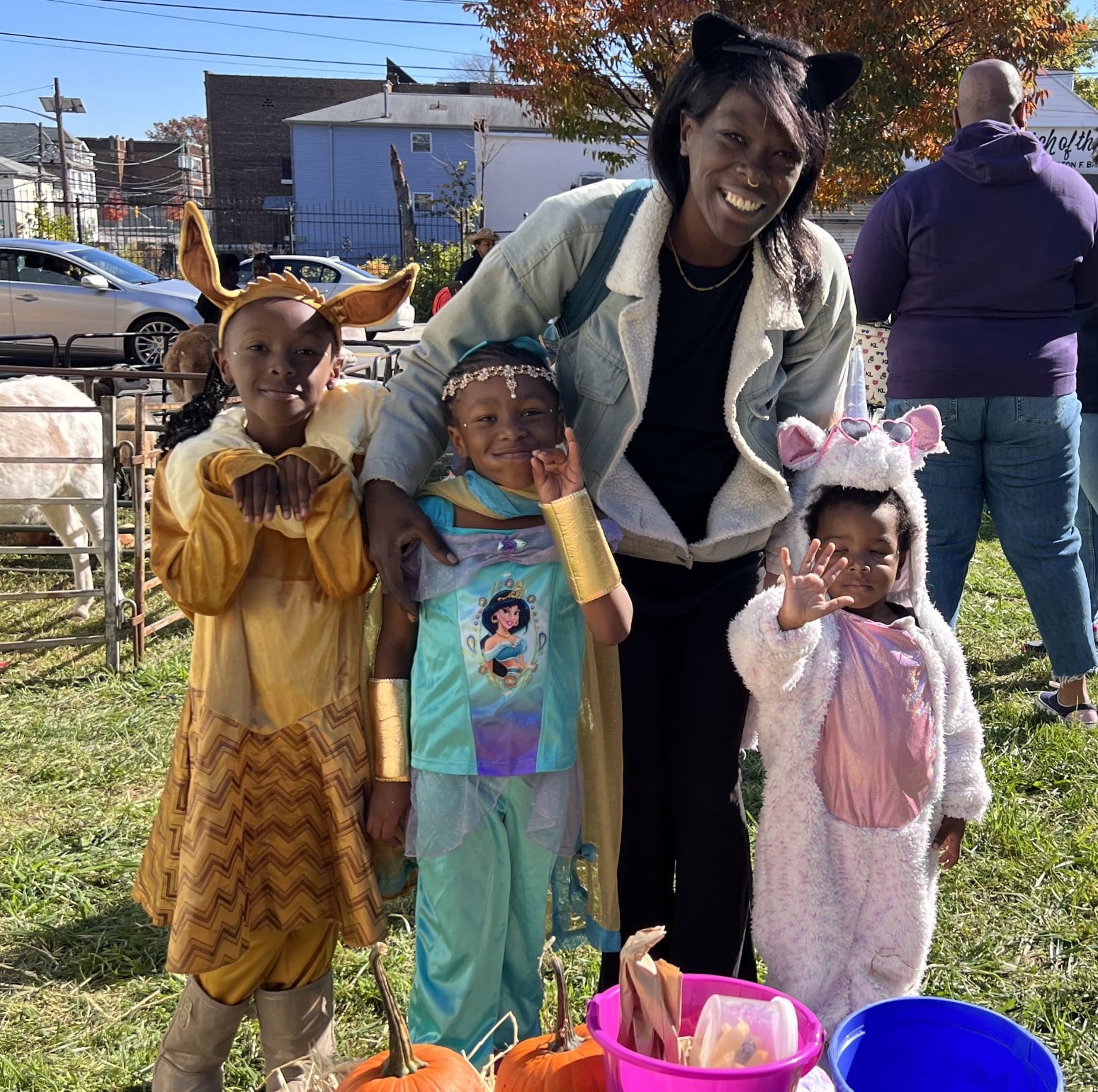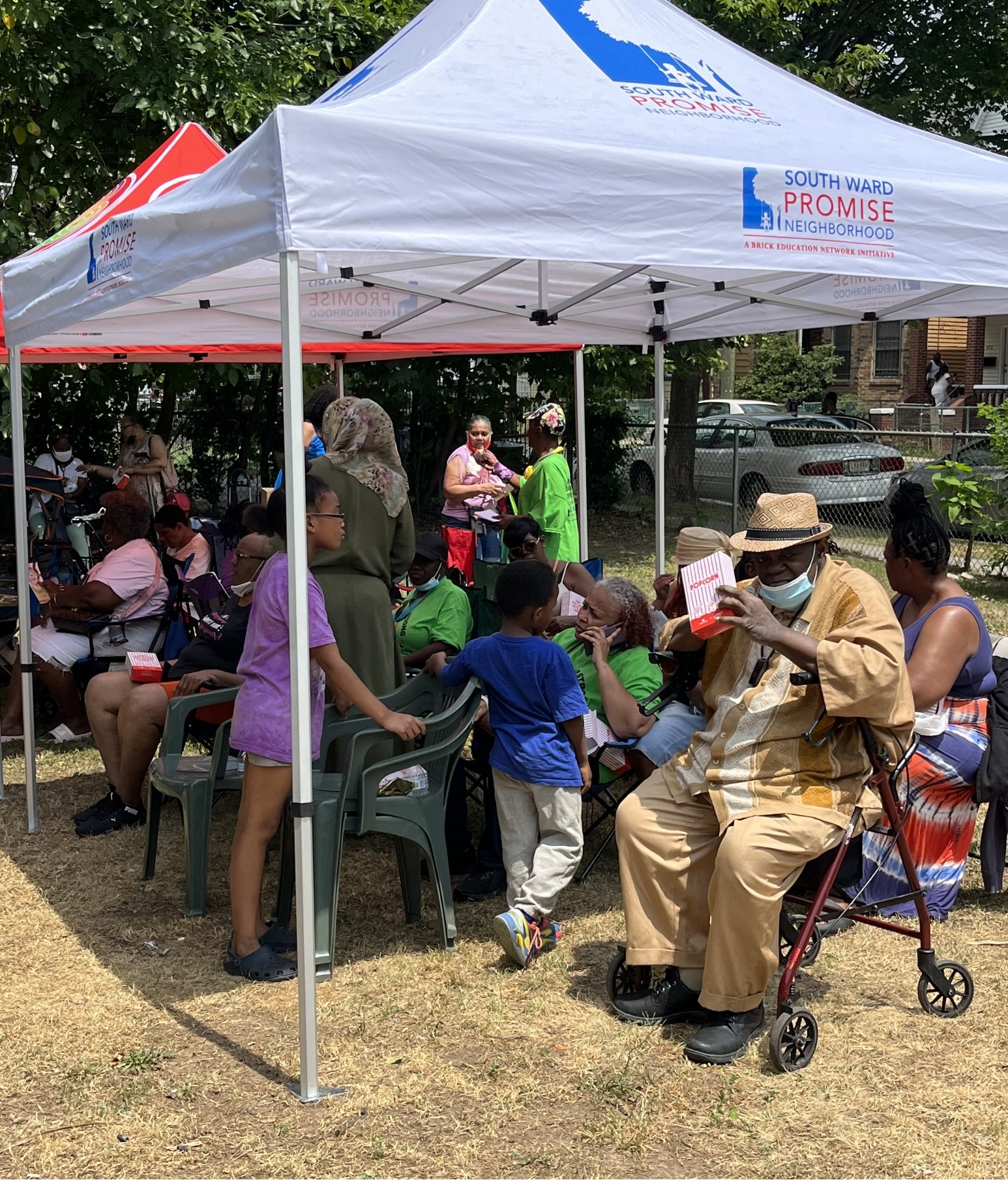About BRICK
The Problem
Systemic racism and generational poverty have hobbled so many communities of color and disproportionately placed additional burdens on their lives making it hard to move up the economic ladder. The result is that parents and communities, who have the desire, spirit and capability to build a better future for themselves and their children, must struggle to overcome these immense challenges -- often without the necessary supports -- in order to live opportunity-filled lives.


Mission
The BRICK Education Network's mission is to relentlessly knock down all barriers to students' academic success. Our innovative model aligns an individualized excellent education with the necessary family supports to make sure each and every child can succeed.


BRICK is a pre-cradle-to-career non-profit that focuses on improving the social and economic mobility of children and families.
The BRICK Community Network is a community support organization with a proven track record of breaking cycles of poverty through a unique, two-generation approach. By addressing the needs of children and their caregivers, we break down barriers to generational success and support communities brick by brick. We lead and operate two charter schools, a network of 30+ community partners, a partnership with Gateway U in Teacher’s Village, the Southward Promise Neighborhood.
We bring together a strong academic program, culturally sustaining practices, and the necessary public systems to help children and families achieve their dreams.
We are more than a school. We have built rich community partnerships with more than 30 organizations to expand and deepen programs that lift families and children. In addition, initiatives like the South Ward Promise Neighborhood offer free programs and services to all children in our neighborhood for support at every stage of development from prenatal to college and career.
We believe this holistic, coordinated approach can close the achievement gap and break the cycle of poverty, ensuring that children and families living in underserved communities receive the support they need to leverage their knowledge, culture, and identity to disrupt systems of oppression.
